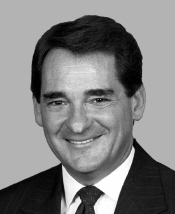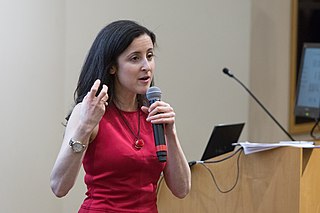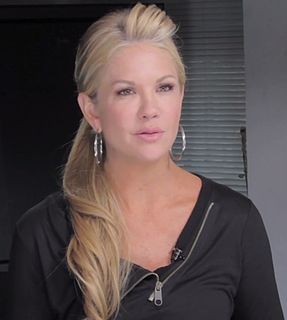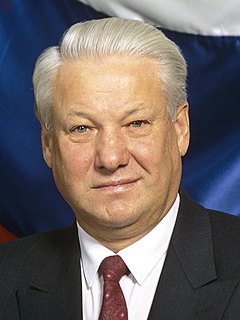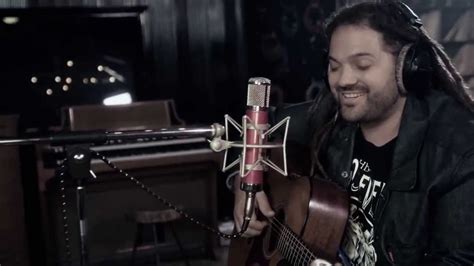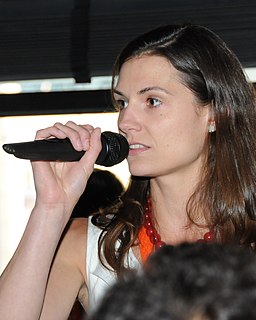A Quote by Chuck Palahniuk
I'm really glad that I spent my twenties messing around and having disaster after disaster - with people who were doing likewise - because it's really my greatest treasure now.
Related Quotes
The greatest disaster of all was after all the difficulties and loss of life and expenditures, President [Barak] Obama walked away, in 2011, and it is a disaster. And now we've got half of Iraq under the ISIS control and terrorists, and Iran has moved in because we weren't there, and they've taken more influence. Just a few thousand troops, in my opinion, would have avoided that.
I was in Manhattan during 9/11, and that was really the only thing that I related to as far as a disaster on a grand scale. It was really interesting to see on that day and in the weeks afterwards how people came together, and what people were able to do for each other, and what I found myself feeling and thinking and doing for the people around me, whether it was strangers on the street or my own family. It was really an experience that you can't fake.
I do a lot of work with the Red Cross, too. As a reporter, before I went to entertainment news, I tended to follow natural disasters. I went to Charleston, South Carolina, after Hurricane Hugo. I went to Miami the year after they were recovering from Hurricane Andrew. I came to California when they were recovering from a big earthquake. I've seen the Red Cross and how they stay there years after a natural disaster. They're not just there when a disaster is happening.
I rebelled during my high school years really bad. I started messing around with drugs and having relationships with girls and partying. And I used to tell God, "Hey God, after college I'm going to serve You because I know that's what I want to do with my life. I know that's the best way. I know that's why I was created. But right now I want to sin because I love it. I want to have a lot of fun."
I think that Anderson Cooper does a great job of staying with stories and pushing them. New Orleans he really... He was there and he pushed it past the point where his producers were saying, "Listen, you've got to stop because people are tuning out now. You know, we're on to another disaster." You know, what do you worry about, Haiti, Chile, Turkey? What? You know where do you put your attention and your focus? So for one person to really be able to cover all that ground would be tough.
As a country with experience of coping with earthquakes, tsunamis and other natural disasters, Japan believes in emphasizing the mainstreaming of disaster risk reduction. We therefore prioritize investment in disaster prevention and post-disaster improvements under a policy of Build Back Better (BBB).



